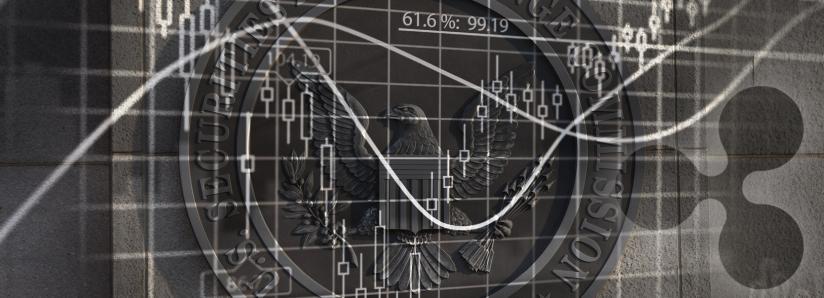
Is Ripple Classified as a Security Under U.S. Law?
Ripple was denied access to two major U.S. cryptocurrency exchanges, Coinbase and Gemini, due to regulatory concerns. The question as to whether to cryptocurrency is a security seems to underpin the issue.
Ripple (XRP) is a cryptocurrency that provides a settlement solution for international bank transfers.
Through the use of a centralized blockchain, Ripple has the potential to reduce transaction fees and clearing times for bank transfers.
Ripple is the third largest cryptocurrency by market capitalization sitting at $19.4 billion, up 1400% since this time last year.
Ripple Attempts to Purchase Access to U.S. Exchanges
According to Bloomberg, Ripple recently attempted to purchase access to cryptocurrency exchanges Coinbase and Gemini. If Ripple were listed on one of these U.S. exchanges, the price and liquidity would likely increase.
However, both exchanges declined to list Ripple; Gemini still declined even after a supposed $1 million offer to list XRP.
Potential Security Classification Hurting Ripple
Ripple’s use as a settlement platform could cause it to fall under the scrutiny of U.S. securities laws. Such a classification increase the risk of litigation for both Ripple and any partner exchanges.
The standard method to determine whether an asset is a security is the Howey Test. The test stems from a 1946 Supreme Court opinion in SEC v. W. J. Howey Co., which clarified laws from the Securities Act of 1933. According to the case, an asset is classified as a security if:
Source:
https://cryptoslate.com/ripple-security/